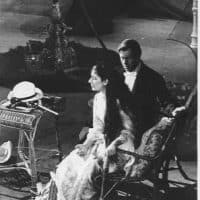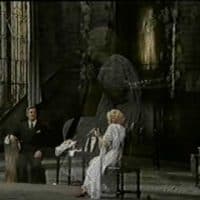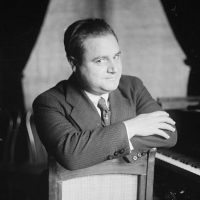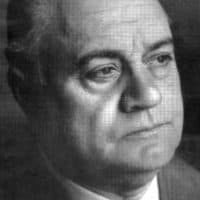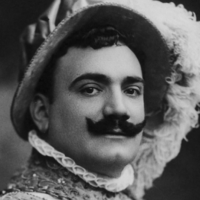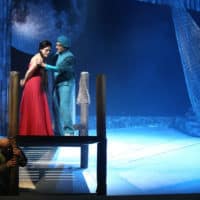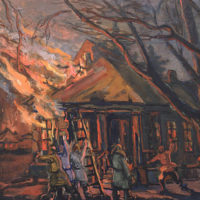I spent this past weekend at West Edge Opera, one of my favorite companies in the Bay Area. Every summer, they perform three operas—always including at least one you’d never see in the normal opera house—in an abandoned train station or warehouse. This year’s pickings were particularly obscure: Ambroise Thomas’s Hamlet (1868), Vincente Martín y Soler’s L’arbore di Diana (1787), and Libby Larsen’s Frankenstein (1990).
Thomas’s Hamlet is good fun if you don’t compare it to the original Shakespeare (or to Brett Dean’s much better recent adaptation). He didn’t actually base his opera on Shakespeare’s play, but rather on a French re-write by Paul Meurice and Alexander Dumas. That re-write already forgoes much psychological depth in favor of romanticism. Thomas takes this a step further. His streamlined plot is the stuff of nineteenth-century melodrama: angst that is more romantic than existential, lots of focus on Ophelia, frequent appearances by the ghost, and a dramatic graveside duel. The music fits this clichéd mold and rarely soars. An exception is Ophelia’s coloratura scene of madness and death, performed in Oakland to perfection by soprano Emma McNairy. In fact, the singing at West Edge was universally excellent, particularly mezzo Susanne Mentzer’s powerful Gertrude and baritone Edward Nelson’s brooding Hamlet.

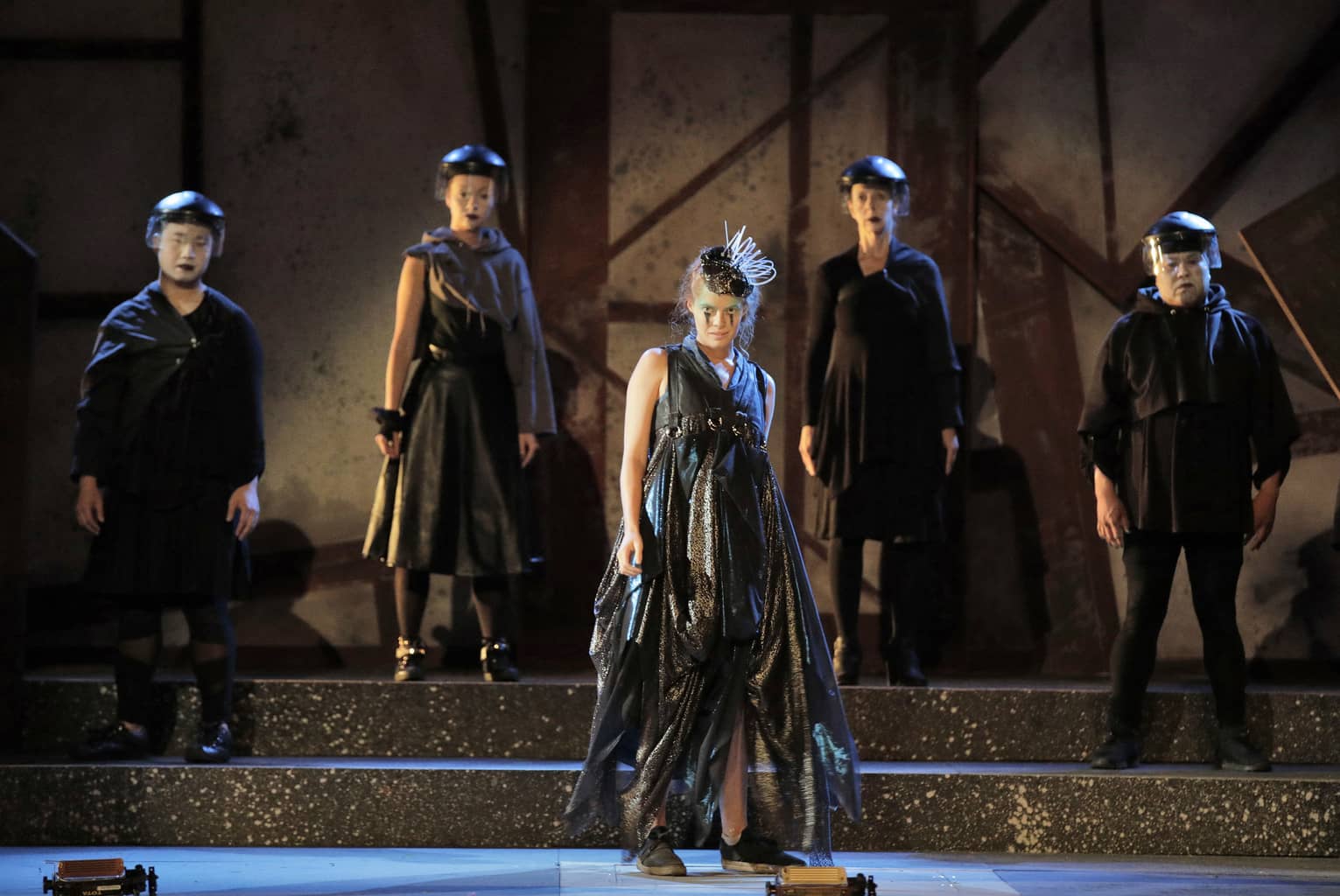
L’arbore di Diana is a romp through the absurd. Its claim to (tenuous) fame is a libretto by Lorenzo da Ponte, and the words of this comic opera sparkle with wit. The premise is a war between Diana and Cupid. Diana and her nymphs are sworn to stay chaste, and they must regularly pass under a tree that will pelt them to death with fruit if they have betrayed their vows. Cupid brings some handsome shepherds to Diana’s garden, and the nymphs immediately succumb to their charms. Diana, too, is hit by Cupid’s arrow. Everyone would surely die a fruity death if lightning didn’t destroy the tree just in time. Unsurprisingly given the composer’s era and milieu, the music is very reminiscent of Mozart (though not quite as good). At West Edge, Mark Streshinsky’s production embraced the opera’s ridiculousness, with a tree made of breasts, an oversexed Cupid, and a Diana costume pulled straight from Disney’s Frozen. The men were helpfully labeled “Amante,” “Tenore,” and “Altro Tenore.”

Larsen’s Frankenstein was the only flop of the bunch. The libretto is simply bad, with stilted language and a storyline that is difficult to follow if you’re not familiar with Shelley’s novel. The score is also forgettable—neither appealingly melodic not excitingly unmelodic. West Edge added to the problems with their (presumably inadvertently) racist staging. For the danced role of the Monster, they drew on a local art form: Turf dancing. The dancer, Gary Morgan, was excellent. But he was also the only person of color in the cast. It was uncomfortable to watch a black man playing the Monster among white singers, in an opera that cast the monster as more predatory than misunderstood, combined with projections that sexualized the monster’s murders.

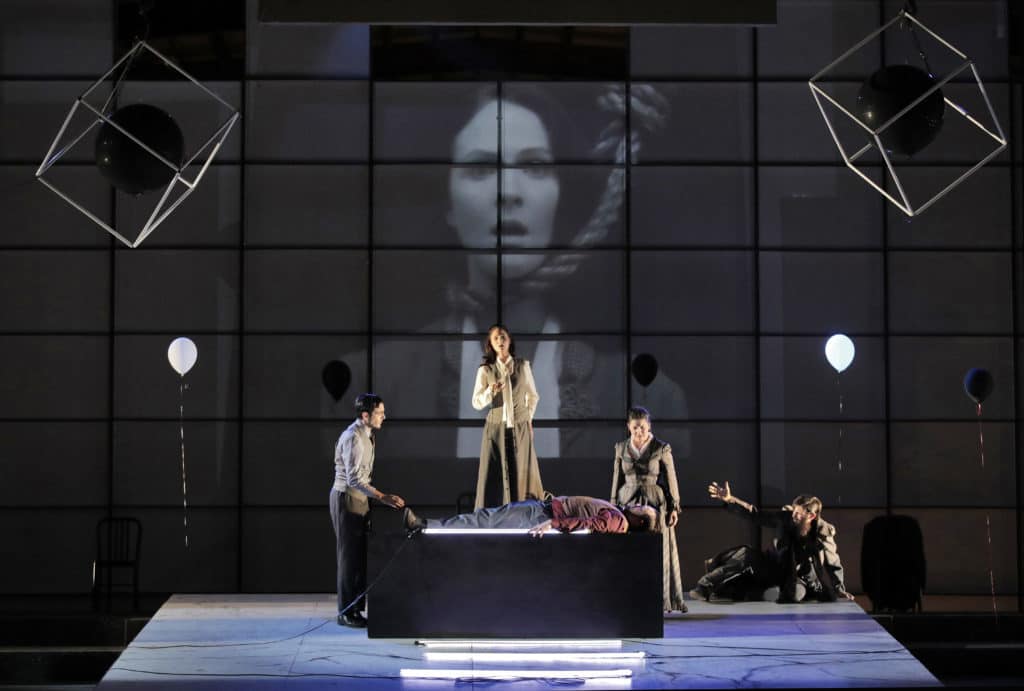
Some failures are inevitable when companies program bold repertoire, and on the whole, I would call this season a success. I’m excited to see West Edge’s 2018 season, which will include Britten’s last opera Death in Venice (1973), Luca Francesconi’s adaptation/sequel of Dangerous Liasons, Quartett (2011), and Matt Marks’ music theater piece Mata Hari (2017). The lack of an eighteenth-century offering makes me a little sad, but I have been promised that one will return for 2019. Until then, how wonderful to see so much new opera, brilliantly sung and lovingly produced!
